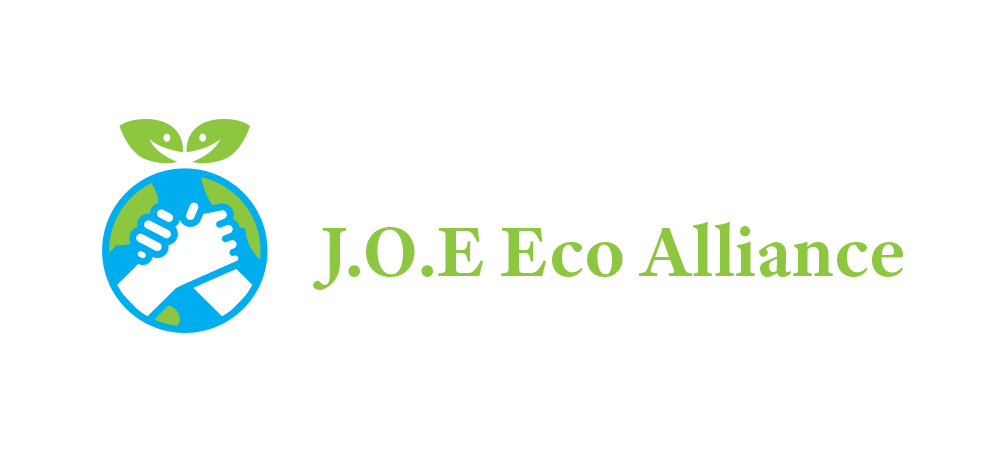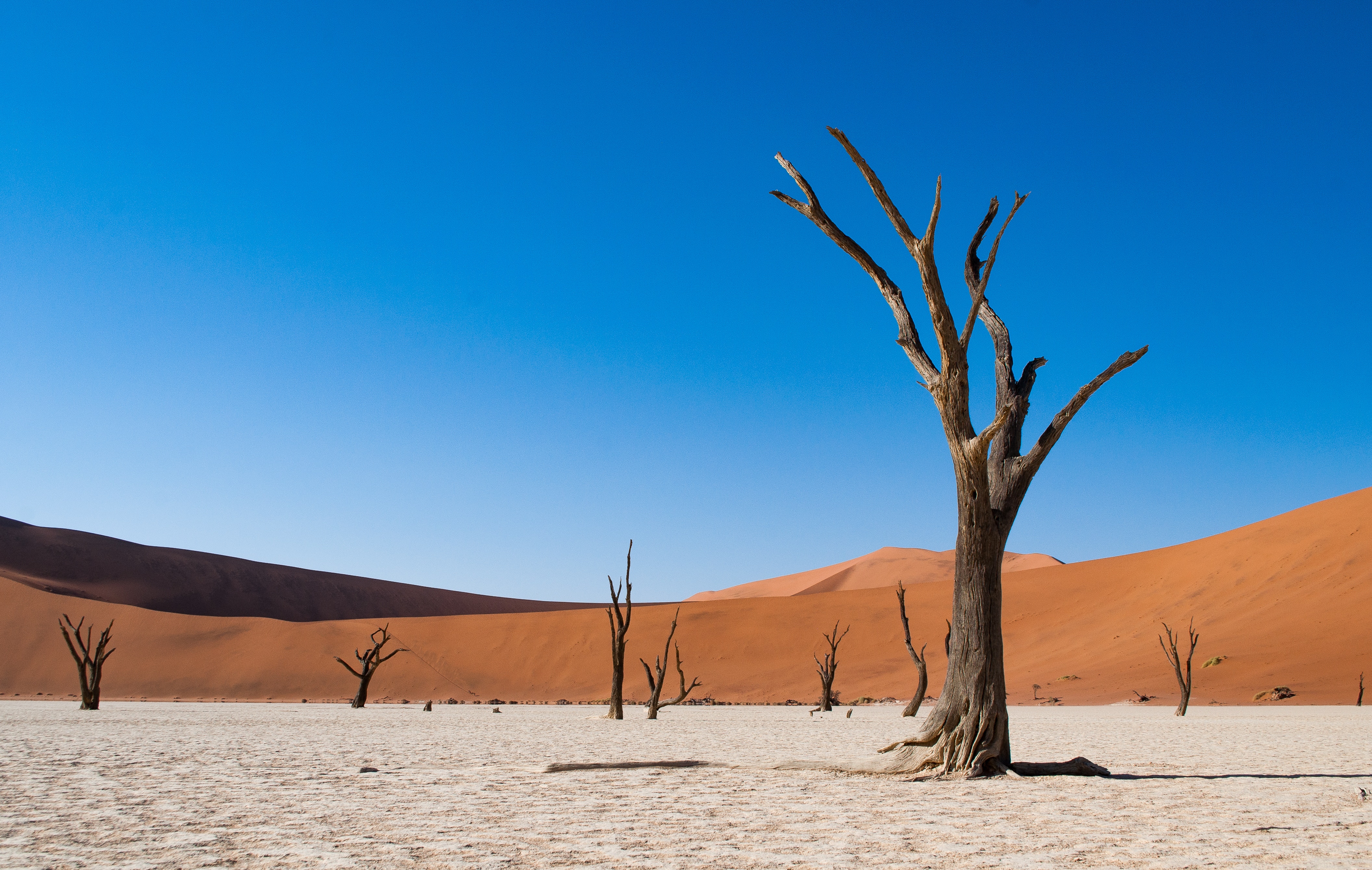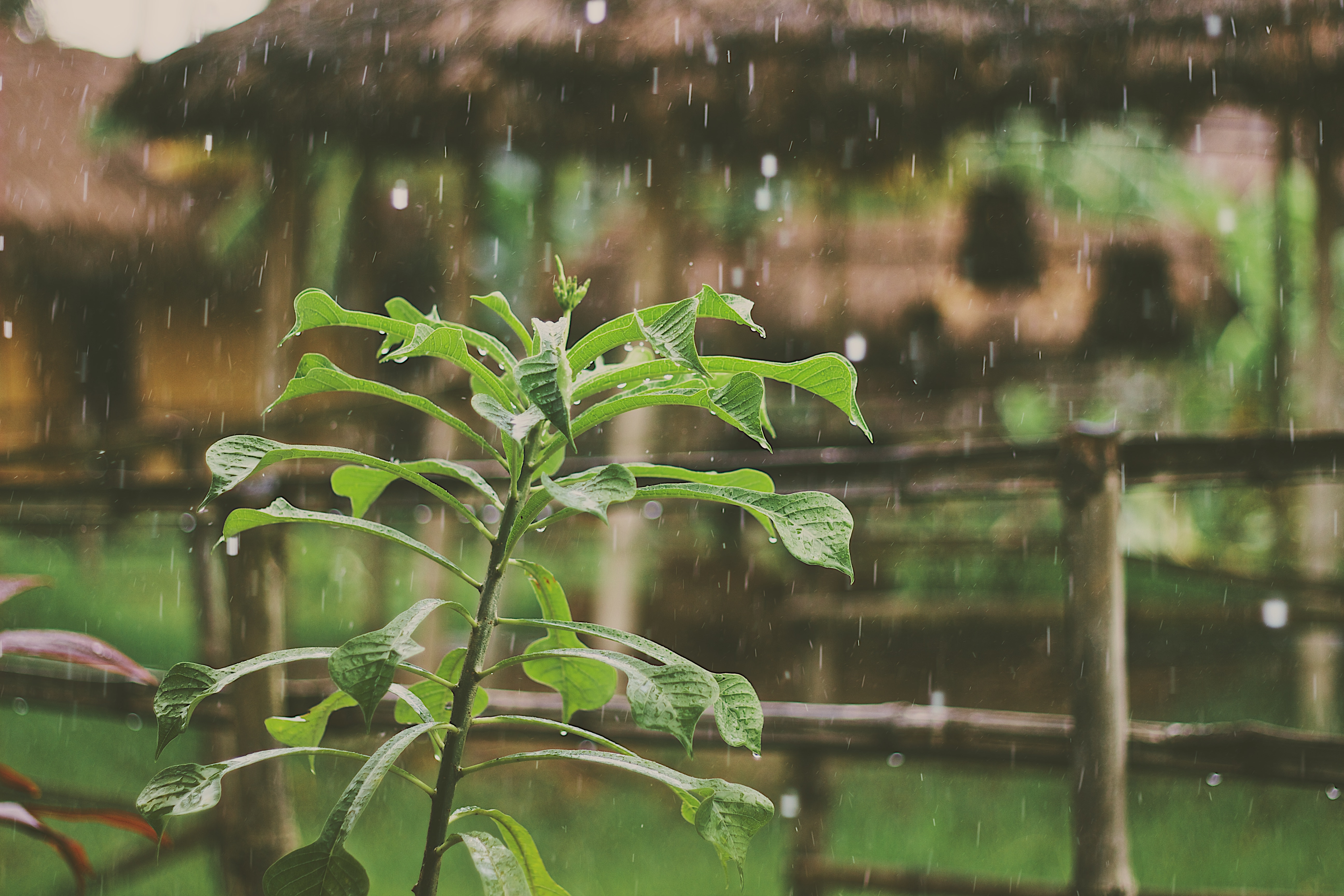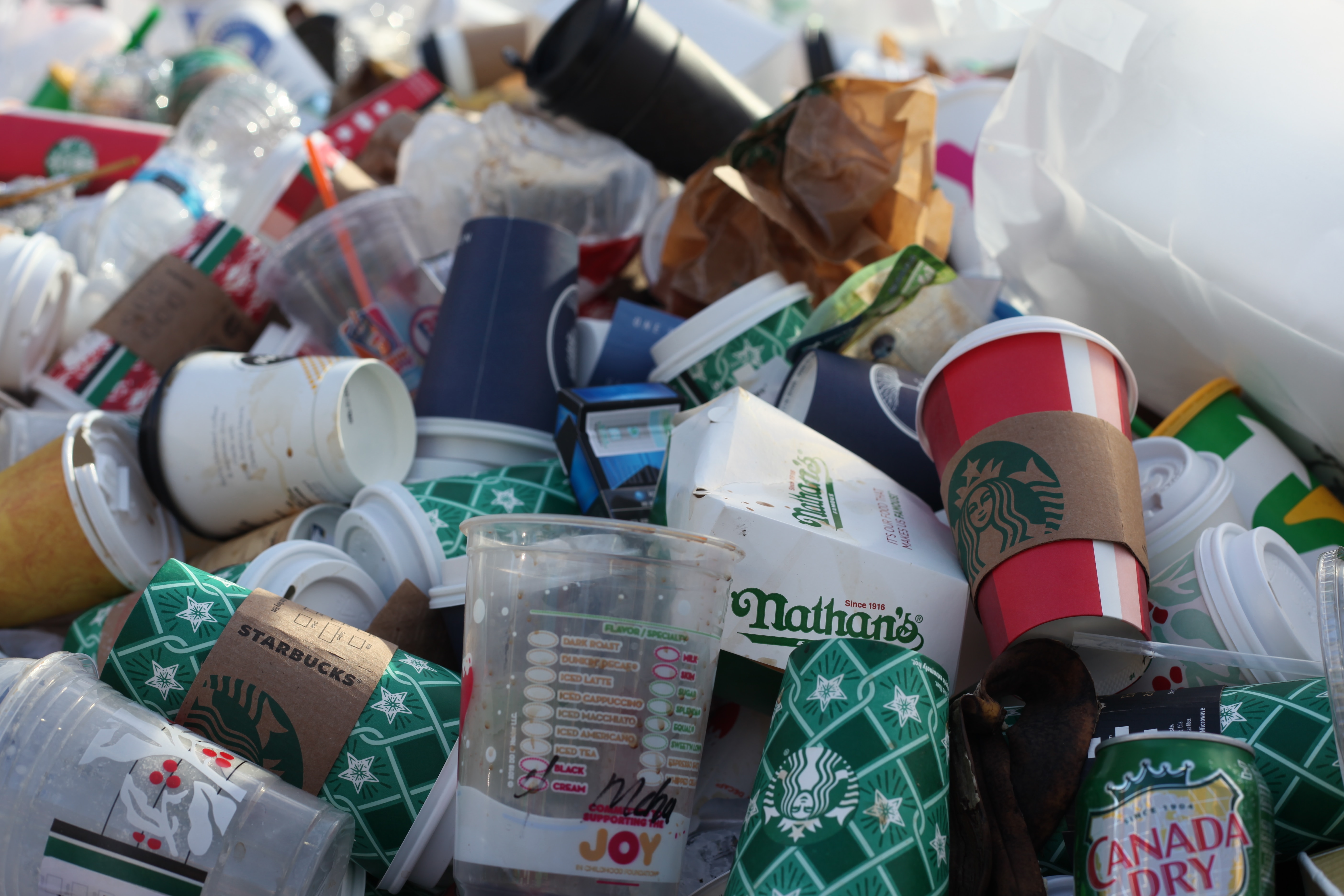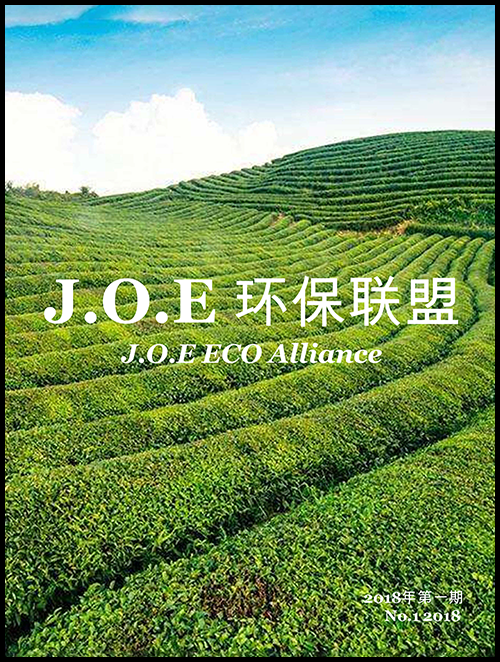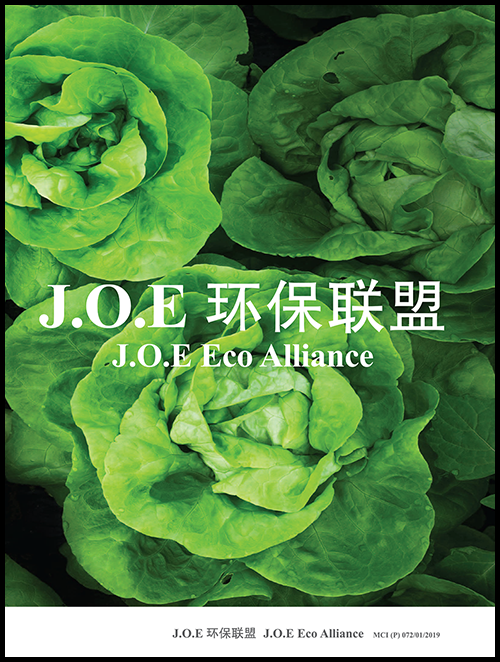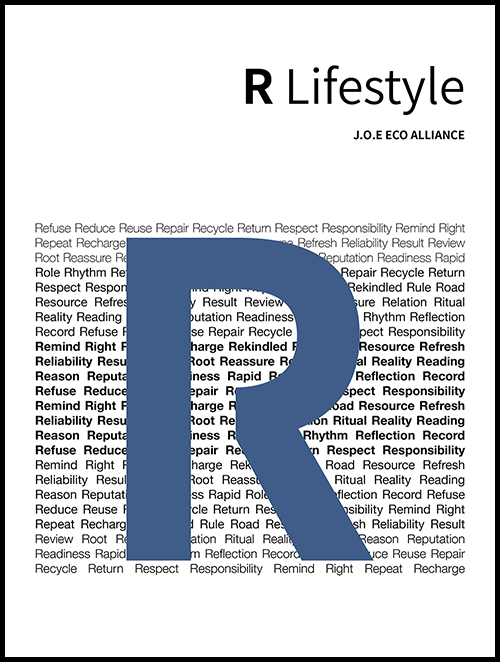为确保自然保护区环境卫生,纳米比亚禁止公众在区内使用塑料袋。
人民网报道,纳米比亚环境与旅游部22日正式宣布禁止在该国自然保护区内使用塑料袋。
纳环境与旅游部部长希菲塔在首都温得和克举行的活动中说,纳米比亚修订了1975年颁布的“自然保护条例”,增加一项新规定,即任何人不得携带塑料袋进入野生动物园或自然保护区。
希菲塔表示,违反此禁令者面临最高可达500纳米比亚元(约合50新元)的罚款,或6个月以下监禁,或者罚款和监禁并处。
Namibia’s Ministry of Environment and Tourism Thursday officially announced the ban of plastic bags in protected areas.
At an event in Windhoek on Thursday, the Minister of Environment and Tourism, Pohamba Shifeta, said the recent development is historic in the waste management and pollution control programs of the country.
“The move signifies our serious commitment to control pollution in our country in line with the recently launched National Solid Waste Management Strategy, the National Development Plan and United Nations Sustainable Goal No. 3 on health and well being,” he said.
According to Shifeta Government Gazette No. 6285 of April 2017 amended the regulations of the Nature Conservation Ordinance of 1975 with the insertion of a new provision that no person shall enter a game park or nature reserve with a plastic bag.
Shifeta said a person who contravenes this ban is liable to a fine not exceeding 36 U.S. dollars (500 Namibia dollars) or to imprisonment not exceeding 6 months or to both such a fine and such imprisonment.
The minister called on all tourists not to carry plastic carrier bags into the protected areas and his ministry will step up our efforts to enforce this ban over the coming months.
Meanwhile, Chairman of Namibia Wildlife Resorts Leonard Iipumbu on occasion of the event said the organization is in the process to develop its waste management system which will become an integral part of their business.
Source: Xinhua / Zaobao
